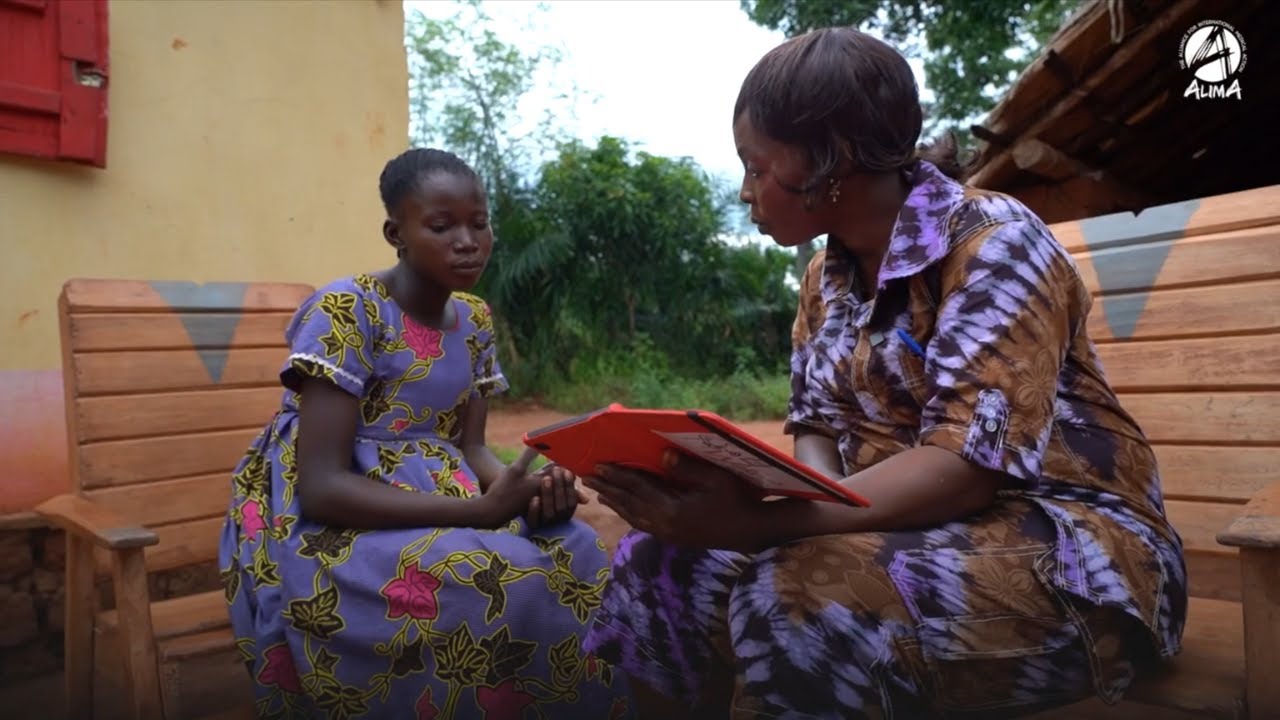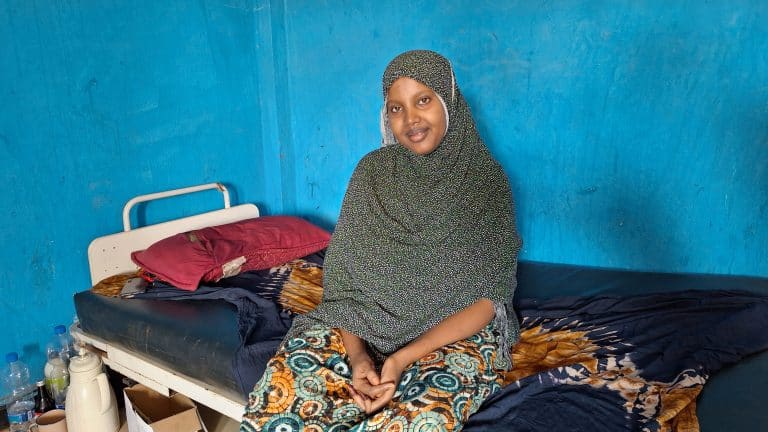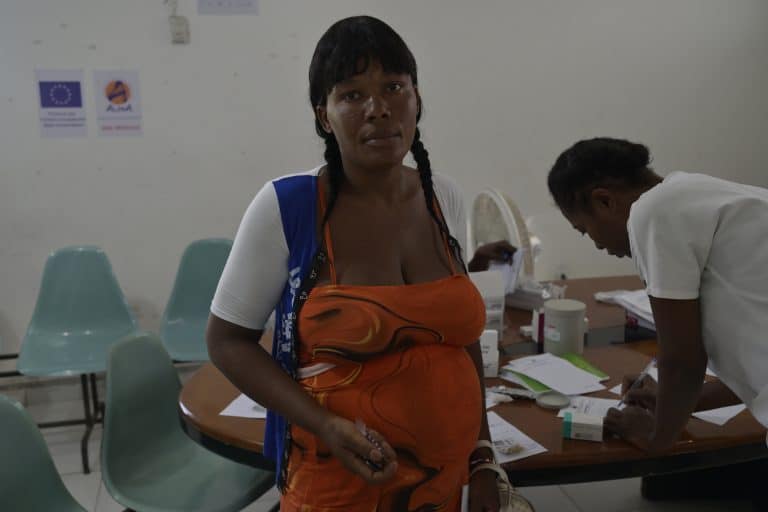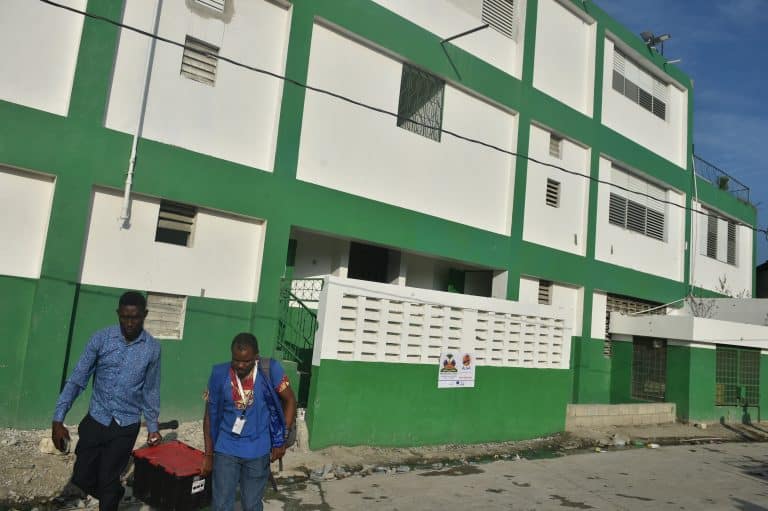“In the Central African Republic, the rate of maternal deaths is high, with 48% of women giving birth at home,” explains Mrs. Leonce KOUSSA, midwife sexual and reproductive health focal point. “Who helps these women during home births?”
To address this critical situation, ALIMA (The Alliance for International Medical Action) collaborated with the Central African Republic’s Ministry of Health to launch a pilot study using a mobile app for matrons.
Technology Adapted to Local Needs
“ALIMA is working in partnership with the Ministry of Health, and together, we decided to set up this study,” explains Dr. Jérémie HIEN, research manager of the Wakobo Ti Kodro project. “The idea is for these matrons to identify high-risk pregnancies and participate in monitoring them at the community level.”
Matrons quickly adopted this technology. “At first, we wondered if the matrons would accept because they were working in an ‘underground’ system, but they did. We identified them and provided training. Right from the first session, they mastered the tablet,” adds Dr. HIEN.
A Tangible Impact on the Ground
“Previously, these village matrons were overlooked by the health system,” says Mr. Victorien Vomitiade-Zekede, head of the Sakai health center. “This project also allows them to be recognized at the health center level. »
The mobile app stands out for its visual and auditory approach, which is essential in a region where the literacy rate is very low. “This app is based on images related to [pregnancy] risk factors. Each risk factor is represented by a pictogram, accompanied by a voice message translated into the national language,” says Dr. HIEN.
“When a pregnant woman is referred to a health center, the midwife uses a QR code to access her file and follow her care schedule. When midwives welcome pregnant women, they take their code provided during the home visit to register them. When entering this information, the overall timeline can be accessed, with everything planned for women’s monitoring,” adds Dr. HIEN.
Expanding the App Use
The development of this application was made possible thanks to a collaboration with the PAC-CI research center in Côte d’Ivoire. While the app is owned by ALIMA, there are plans to make it open source if the study is conclusive.
The “Wakobo Ti Kodro” project demonstrates how an innovative, community-based approach can transform maternal health care in areas with limited access to quality care. Integrating matrons into the formal health system not only saves lives, but also builds trust and collaboration within local communities.
Watch our report






